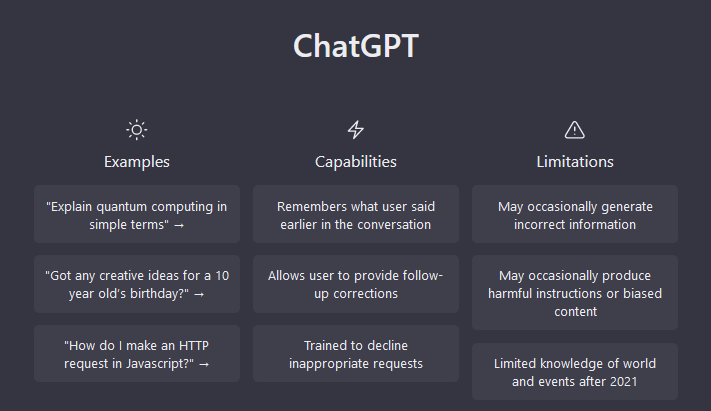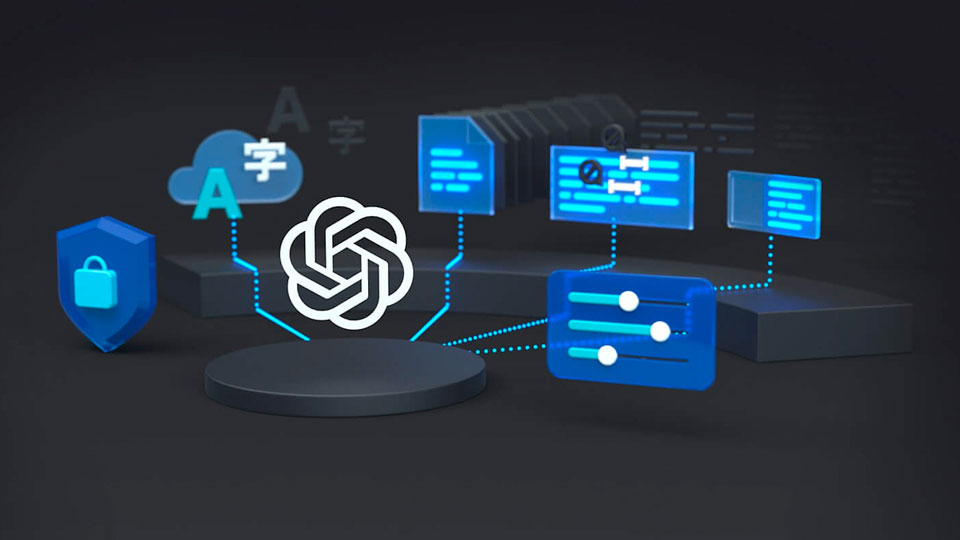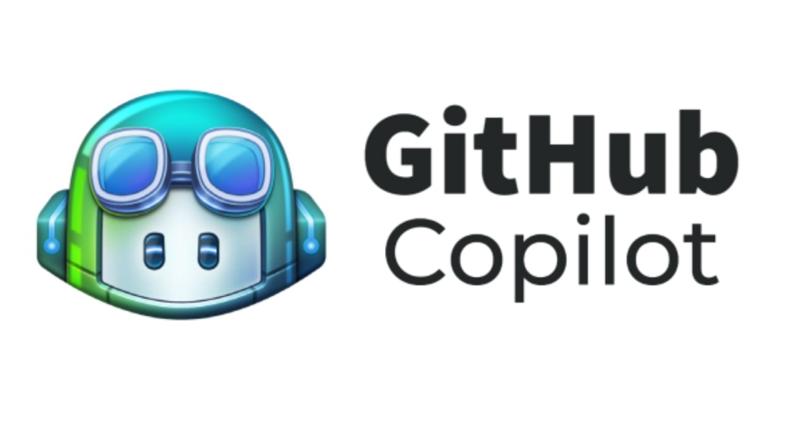Google Bard vs ChatGPT vs Copilot - GeeksforGeeks
Artificial Intelligence (AI) has transformed how we interact with technology, and one area where it has made remarkable progress is in Natural Language Processing (NLP). The AI-based models like Google Bard, ChatGPT, and GitHub Copilot are designed to assist in different ways, from answering questions to writing code.
Google Bard
The Google Bard is an experimental conversational AI model developed by Google that uses Language Model for Dialogue Applications (LaMDA). It is designed to provide dialogue-based interactions with users, generating more contextual and human-like responses in the conversation. Unlike traditional search engines, Bard focuses on engaging users with conversational answers rather than links to search results.
ChatGPT
The ChatGPT developed by OpenAI is based on Generative Pre-trained Transformer (GPT) architecture. It is a highly popular AI language model designed to assist with a wide variety of text-based tasks such as content generation, answering questions, summarizing text, and more. The ChatGPT has various versions, and the latest version GPT-4 provides enhanced capabilities, including better context retention and improved accuracy.

GitHub Copilot
The GitHub Copilot powered by OpenAI Codex is an AI-powered tool specifically designed to help developers write code more efficiently. Copilot is integrated with popular development environments such as Visual Studio Code and offers suggestions, auto-completes code, and even generates complete functions or classes based on the context.
Characteristics:
- Google Bard: Conversational AI
- ChatGPT: General-purpose AI model
- GitHub Copilot: AI assistant for code writing
Best For:
- Google Bard: Dialogue and conversation
- ChatGPT: Text generation and tasks
- GitHub Copilot: Code suggestion and generation
Core Technology:
- Google Bard: LaMDA
- ChatGPT: GPT (Generative AI)
- GitHub Copilot: Codex (OpenAI)

Programming Support:
- Google Bard: Limited
- ChatGPT: Limited
- GitHub Copilot: Comprehensive (wide language support)
API Availability:
- Google Bard: No
- ChatGPT: Yes (OpenAI API)
- GitHub Copilot: Available via GitHub
The Google Bard, ChatGPT, and GitHub Copilot are all powerful AI tools, but they serve different purposes. Google Bard is designed for enhancing conversation, ChatGPT excels in generating human-like text for a wide range of tasks, and GitHub Copilot is specifically tailored to help developers write code efficiently. Choosing between these tools depends on your specific needs, whether it's conversational AI, content generation, or coding assistance.

The main difference is that Google Bard focuses on conversational AI with real-time web integration, whereas ChatGPT is a more versatile AI model for generating content, answering questions, and performing various text-based tasks.
GitHub Copilot can assist in writing large portions of code and complete functions, but it usually requires human oversight to ensure correctness. While ChatGPT can help with coding, GitHub Copilot is a more specialized tool designed specifically for coding tasks.

Yes, Google Bard can fetch up-to-date information from the web to provide real-time answers.




















